A conversation between Chubb’s Jessie Spigel, Senior Risk Consultant, and Steve Linden, experienced classic car appraiser.
Collectors often purchase classic cars for enjoyment. But the right collector vehicle should also be treated as an investment. Whether you’re looking at buying the car you fantasized about as a young adult or simply the fastest car on the market, the classic car market can be complex and often intimidating to first-time buyers. You may have questions like:
- What makes one car more valuable than another?
- Are there any market trends I should know about?
- What can I do to preserve the value of my classic car?
In a recent conversation with Steve Linden, a 25-year classic car appraiser, Jessie Spigel, Chubb specialist who advises clients on how to protect their classic car collections, asks some beginner collector’s most pressing questions.
What do classic car appraisers look for when evaluating a car?
As a baseline, I look at the condition of the vehicle and the options, as well as VIN Tags, cowl tags, and data plates that were affixed to the vehicle by the manufacturer. I confirm that the owner has proper documentation.
What will add value to a classic car?
That depends on the variety and type of collector car. For a 1960s or 70s performance car, having original parts or using OEM parts during a restoration—from the engine or transmission, down to the carburetors, alternators, and other minor components—original documentation such as a Window Sticker, Build Sheet, or Bill of Sale, as well as factory documentation like a Porsche Certificate of Authenticity or PHS (Pontiac Historic Services) documents for a Pontiac can all add value.
In addition, judging sheets by a recognized sanctioning body, a robust collection of service and/or restoration documents, and a known ownership history, particularly if the vehicle had one, or very few owners, are also important. For other types of collector cars, such as 40s and 50s American production cars, condition is the primary determinant of value, as originality is often impossible to authenticate.
What will lower the value of a classic car?
Things like sub-standard cosmetic or mechanical condition can lower the value of a collector vehicle. If originality is directly related to value, missing, altered, or reproduced documents, tags, or stamps can decrease the value of the vehicle, as can the absence of documents to transfer ownership.
What are some proactive things a collector can do to preserve the value of their classic car?
Ideally, the vehicle would be driven with care and stored properly when not in use. It should be serviced by a marque specialist or someone acknowledged as an expert in the maintenance and repair of collector cars. A marques specialist is a must for some, such as Ferrari, where potential buyers won’t even consider a car if it was not maintained by Ferrari.

Can you tell us about the classic car market and what does well at classic car auction?
The collector car market has been healthy 10 years or more, with many collector cars’ values outperforming other alternative asset classes. Historically, vehicles that are perceived to be unique in terms of condition, ownership history, or documentation, tend to do well at auctions. If a comparable car cannot be sourced locally, the basic laws of supply and demand apply, and this often results in record sale prices.
How has the pandemic impacted the classic car market?
Values of vehicles in virtually every segment of the collector car market have risen significantly over the past two years. Anecdotally speaking, every classic car dealer with whom I speak is telling me that they “now have to pay for cars, what they were selling them for two years ago.”
How have millennial buyers impacted the classic car market? What kind of classic cars appeal to younger buyers?
Millennial buyers are having a significant impact on the collector car market. They are reaching the age at which they have the disposable income to spend on collector cars.
An old adage says, “If you want to know what the next generation of car collectors will be buying, think of what cars were on posters on their walls when they were kids.” This has proven to be true to a large degree, as Millennials are often interested in “supercars,” and “hypercars” of the 1980s through the early 2000s.
A new segment that also appeals to younger buyers is known as Japanese Domestic Markets (JDMs), or cars that were never exported to the United States when they were new, in the 1990s. They are now old enough that they can be legally imported in the United States. The subset that appeals to these younger buyers include some very high-performance cars , like those featured in the Fast and Furious franchise.
Over the last several years online auction websites for classic cars have been growing across several markets. Have websites such as Bring a Trailer impacted the classic car market?
Auction websites that sell collector vehicles have been around for a long time. eBay is a good example of this. However, as the values of collector vehicles have increased, so has the demand for more diligence around the online auction process. Traditional auction houses such as Gooding & Company have expanded into online sales, while several other sites specialize in online only.
Insights and expertise
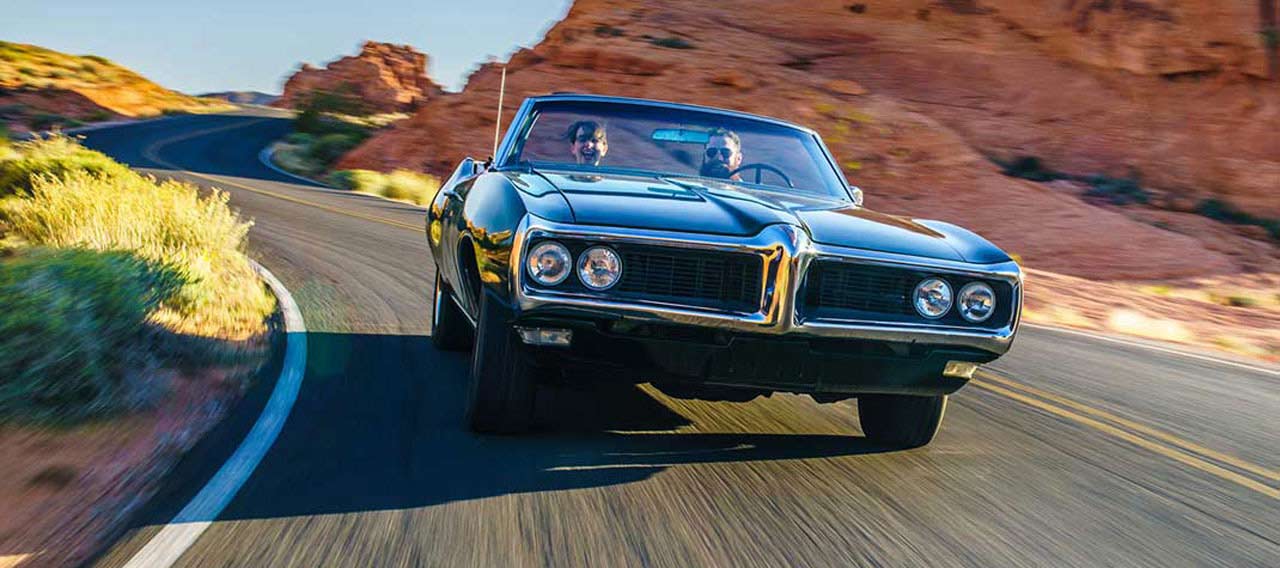
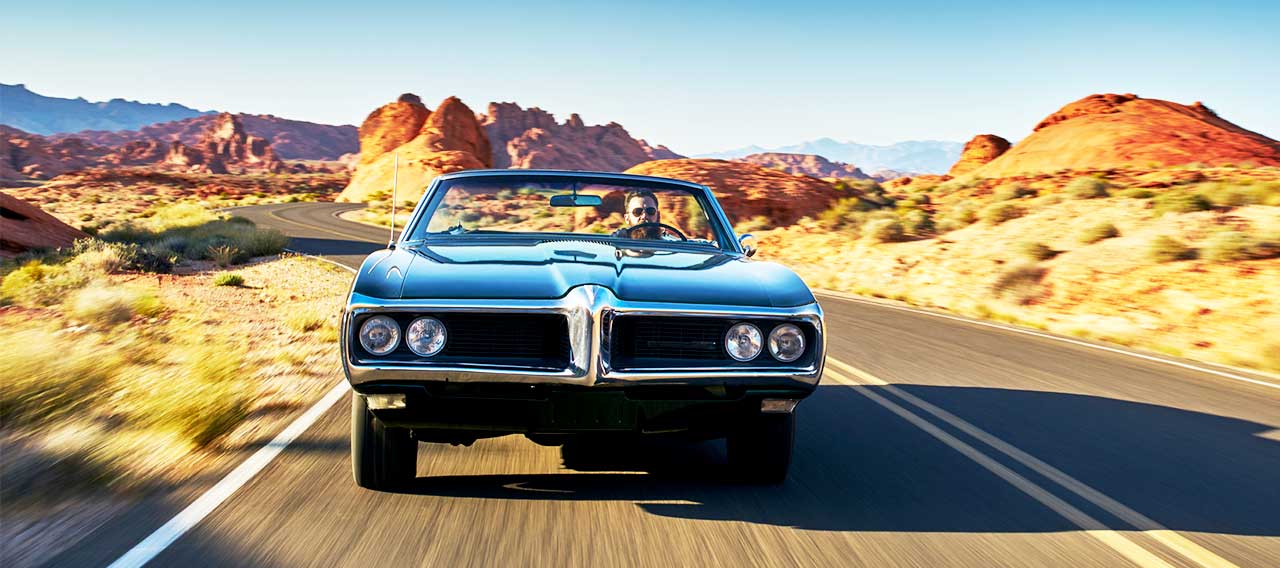
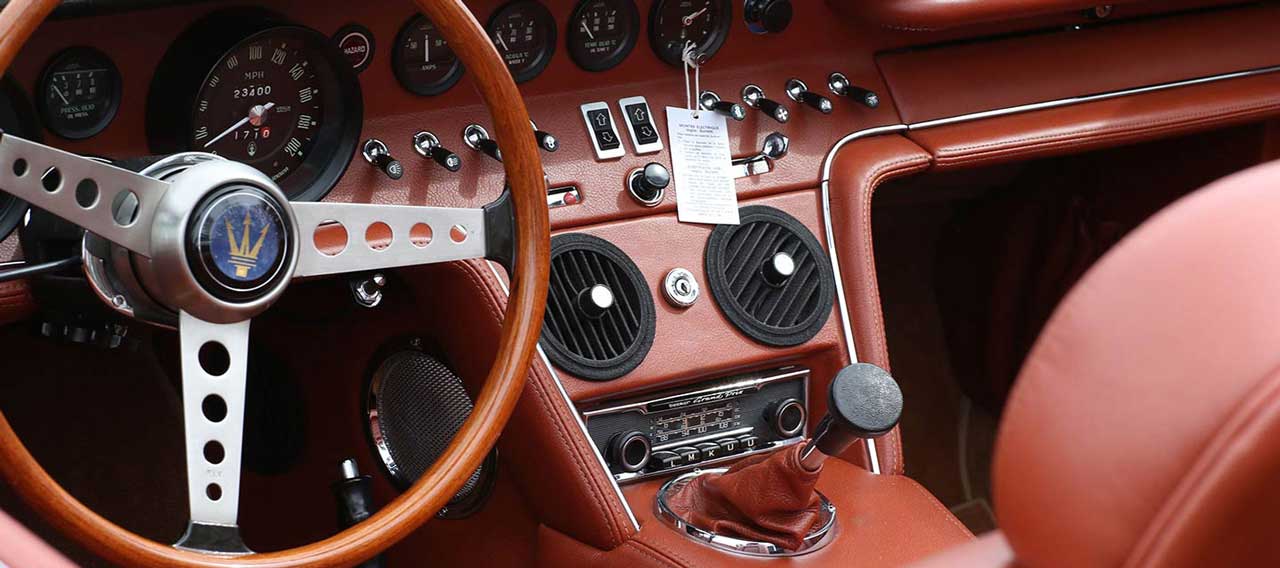
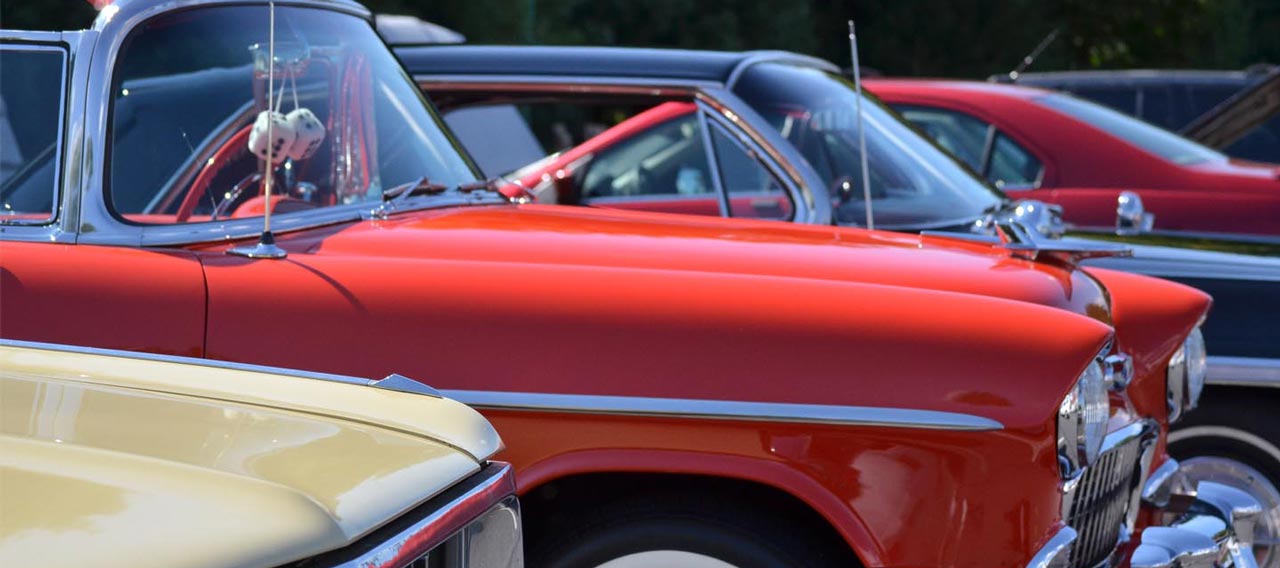

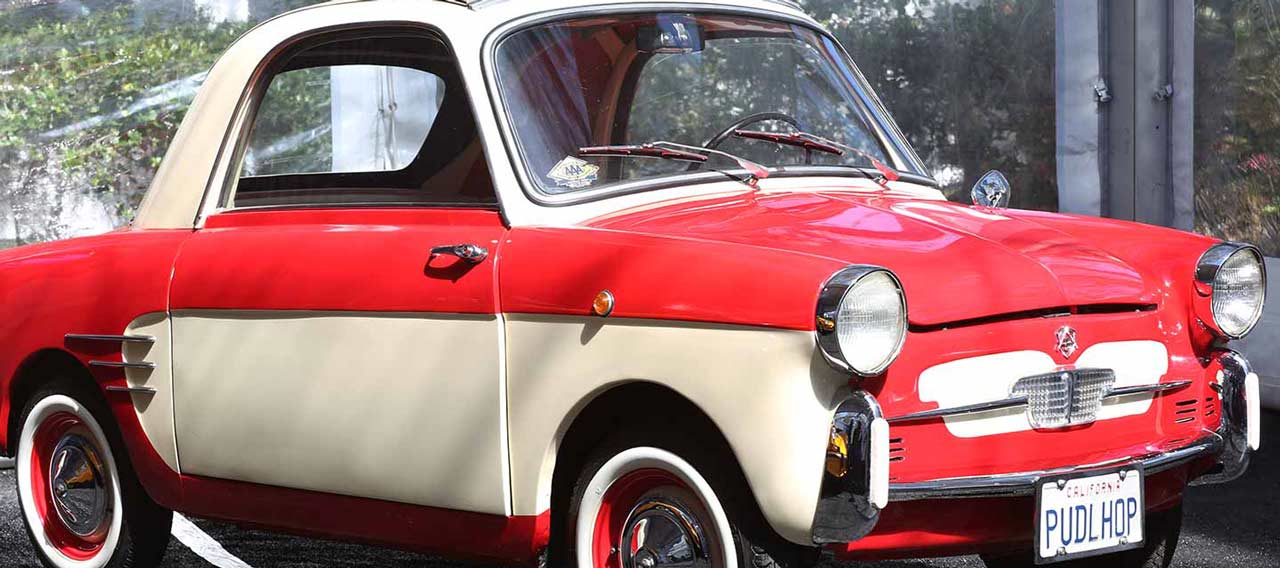

This document is advisory in nature and is offered as a resource to be used together with your professional insurance advisors in maintaining a loss prevention program. It is an overview only, and is not intended as a substitute for consultation with your insurance broker, or for legal, engineering or other professional advice.
Chubb is the marketing name used to refer to subsidiaries of Chubb Limited providing insurance and related services. For a list of these subsidiaries, please visit our website at www.chubb.com. Insurance provided by ACE American Insurance Company and its U.S. based Chubb underwriting company affiliates. All products may not be available in all states. This communication contains product summaries only. Coverage is subject to the language of the policies as actually issued. Surplus lines insurance sold only through licensed surplus lines producers. Chubb, 202 Hall's Mill Road, Whitehouse Station, NJ 08889-1600.










